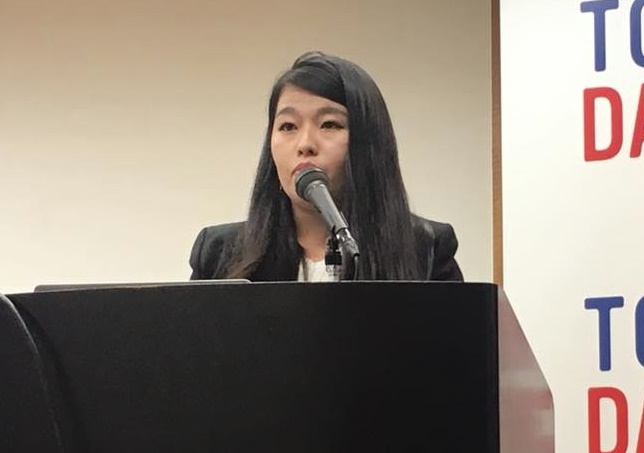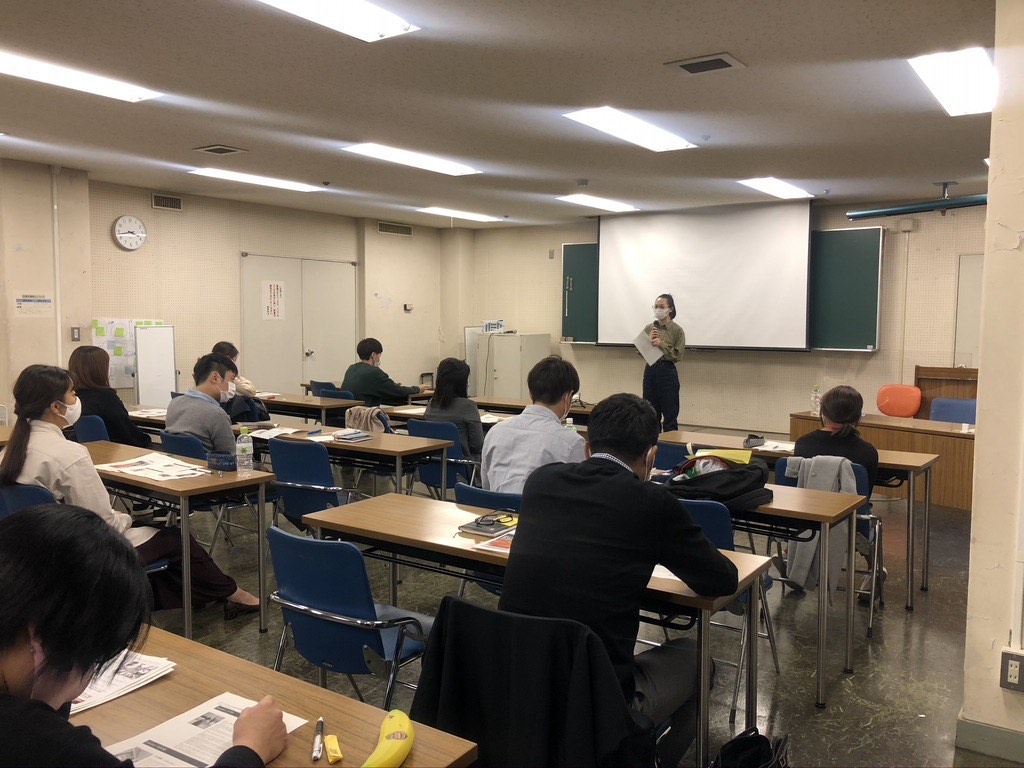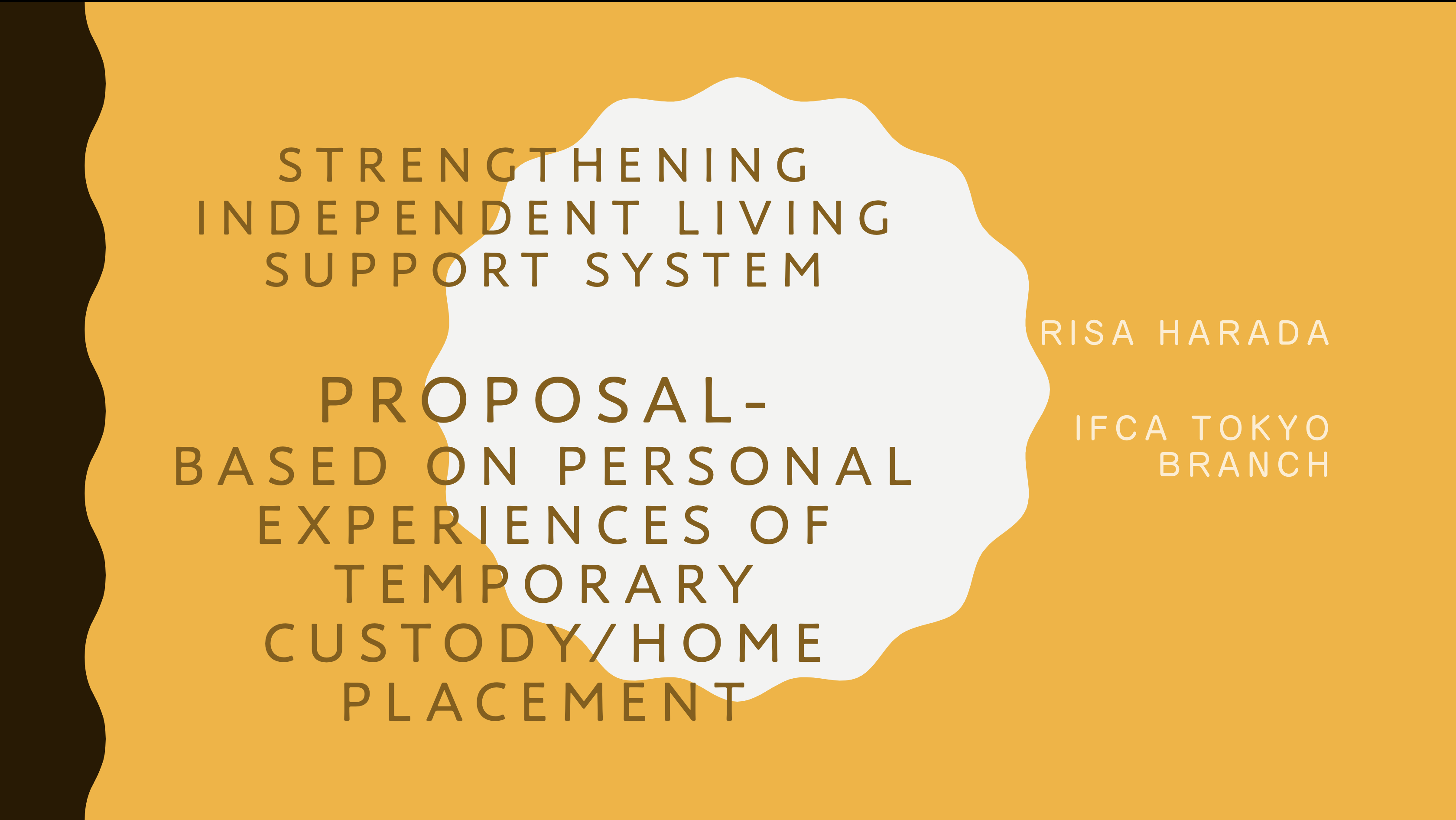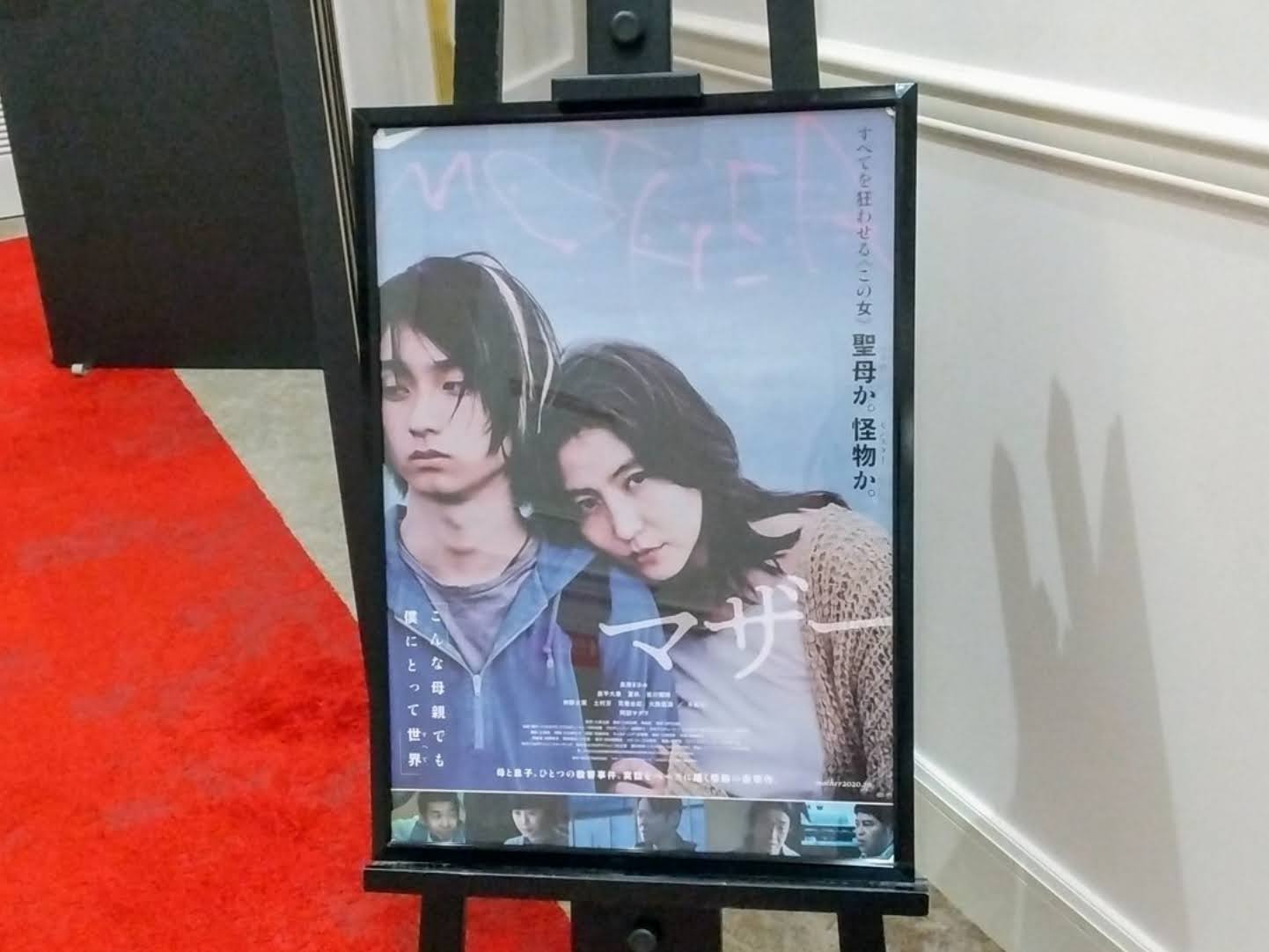Chihiro Sato
Compared to other facilities, the one I lived in had very substantial after care. Of course there was care after I left the facility, but I think the preparation to become independent was also quite fulfilling.
Among the things I want to talk about today is the story of our study meetings with a financial planner.
Before we leave, a study meeting with a financial planner is held for us in the facility that I lived in. The financial planner who spoke told us in great detail how to plan financially in the event that we go to college and facilities like the one I came from receive scholarships because this person was very familiar with economically strained students and was in charge of other life planning.
The main content of the study meeting was on how to make ends meet financially as a matter of being independent. I decided to go on to college and since I had been thinking of scholarships in the part-timer days of my junior year of high school for quite some time, the financial planner advised us on what kind of life to lead and how to manage money. For example, I learned a lot of life wisdoms as a matter of living daily life such as establishing a management habit of dividing the receipts of the money I used today into categories and then put them in an envelope before I go to bed at night, determining at the beginning of the month how much money I can spend and on what in one month, and checking to see how much I have been spending every month without automatically paying my utilities.
Within the study group we felt that an explanation of things like pensions, insurance, and what you should do when you’ve reached the age of twenty were the best things to know. Since I was a step ahead I left the facility at 19 but, because 20 is the age to leave, it is necessary to follow the procedures for things like pensions and insurance about four months after leaving. Nevertheless, there is no opportunity to learn these things when living in a facility and in most cases I think people often leave there without knowing anything. There are even fewer cases of people knowing what to do the first time they know that the documents have been sent. But, in my case, since I was able to study properly with the financial planner, when I turned 20 I could handle those formalities without getting flustered. Since I am a student, I used the student deduction system to postpone monthly pension payments until I graduate and, because it is always necessary to have national health insurance, I made one year’s worth of payments all at once when the payment documents were delivered. In addition, the college arranged insurance other than the national health insurance and it was only intended for things like accidents during school commutes. Because of that, besides postponing the minimum required expense, even if on the off chance that something happened, I was able to create a safe environment.
Actually in addition, I learned a lot of systems that I could use when something does come up and money is needed, and that’s why a person living alone like me is a tax-exempt household.
I think is it, perhaps, only because this person is a professional life planner that the financial planner knows a system like this?
I think I want it to reach a point that this after care is not only at my facility but can also be received by all children originally in foster care. In doing this study meeting, I have a vision after a bit of independence; now I have been as independent as possible, and I want situations of being pressured financially to become fewer and fewer.








Leave a Reply